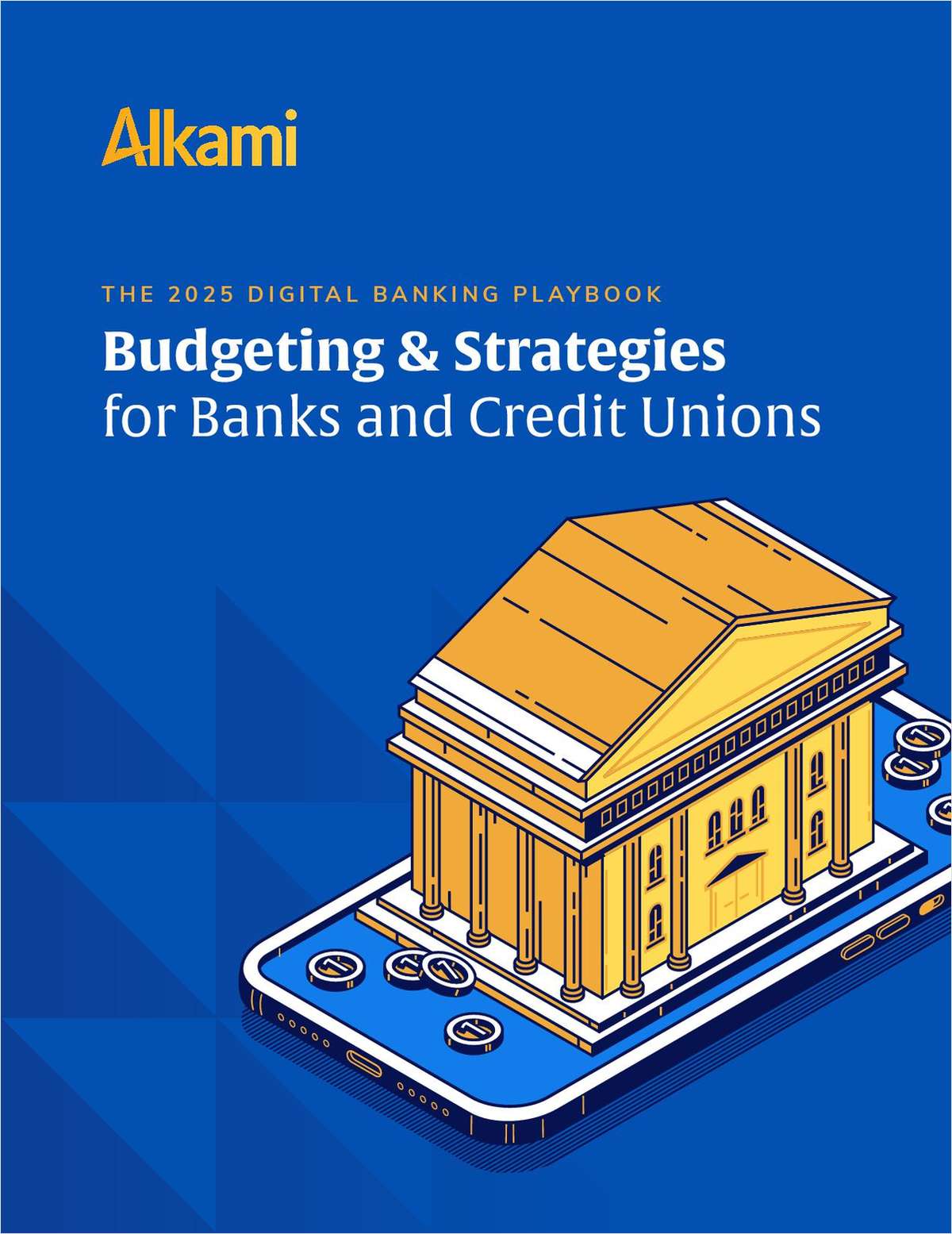ARLINGTON, Va. – A mixture of rivalry, cooperation and confusion over the role of card brokers marked the process through which the $1.3 billion Texans Credit Union recently sold its $53 million credit card portfolio to card giant MBNA according to sources involved in the sale. The El Paso-headquartered credit union sold the portfolio for strategic reasons after evaluating it in light of the credit union's overall product line and after determining that MBNA had the right mix of size and expertise that the credit union needed. But if anyone imagined that the process could be easily, or completely, boiled down to such a simple recitation of the facts, they would be sadly mistaken. "I think one of our biggest issues is that so few people in the credit union industry genuinely understand what it is we do," said Monique Allen, vice president of communications for Asset Exchange, the leading broker of credit union credit card portfolios in the country. One common misperception, Allen explained, is that if a credit union calls Asset Exchange for help in evaluating its portfolio for the marketplace that must mean that they are going to eventually sell it. But many credit unions that call the broker for help in determining what the portfolio is worth don't sell it in the end. Rather, they figure out that a better course of action would be to keep and better manage the asset, she added. Another point of confusion for some credit unions, Allen said, arises from a misperception that Asset Exchange actually buys the portfolio and then turns it around to market it to someone else. "Our role is to help the credit union understand what their asset is worth in the marketplace and, if they decide to sell, to bring them the range of bids and buyers that will bring them the best offers," she said. Asset Exchange's different roles often mean the firm walks a fine line between cooperation and rivalry with many of the different firms who are bidding in the hotly competitive market for credit union card portfolios. In the case of the Texans' portfolio sale, for example, the firm found itself both cooperating with MBNA, the Delaware-based card bank that purchases the most credit union card portfolios per year, and in a sort of rivalry with Kessler Financial Services, the Boston-based firm which acts as MBNA's portfolio acquiring arm for many of its purchases. The confusion arose over the flow of the sales negotiating process, according to sources familiar with the sale that were generally reluctant to speak for the record about the purchase. While sources are able to agree that MBNA was one of the firms in the running early for the sale, they also agree that, at some point, the card giant fell out of favor with the credit union and that it was Asset Exchange which worked with MBNA to convince Texans to reconsider. While Asset Exchange reiterates that it keeps itself out of a credit union's internal debates about which buyer should win its card portfolio and that it never recommends one buyer over another, Willie Koo, the firm's CEO and lead negotiator on the deal, said that he believed he had a responsibility to the credit union to point out things it might have overlooked about MBNA. "I believed that MBNA's size and expertise and role in the industry should merit it a second look from Texans, that the credit union had a responsibility to its members to do so," explained Koo, who admitted writing what several sources reported to have been a pivotal e-mail to Texans in MBNA's favor. Koo declined to share any details of the e-mail but confirmed having written it, a service he stressed he would be willing to do for any bidder on a card portfolio that has a reasonable case to make for a second look. Once Texans had decided to reconsider MBNA as a potential buyer for the portfolio, sources said the picture became even more confused as Kessler Financial Services began competing on behalf of MBNA for the portfolio. In this stage of the negotiating process, when the remaining firms were making their best pitches for the portfolio, Asset Exchange's role as a broker reverted to helping Texans understand the agreement and make sure both sides understood each other. At that stage, sources agreed, it would be reasonable to say that Kessler closed the deal for MBNA and that this was its role in helping MBNA bring the sale home. For its part, the credit union has remained relatively tight lipped about the sale and what went on during its bidding and evaluation process. "The bottom line is that we hired Asset Exchange as a broker for our card portfolio and that they served us well in that capacity," said Kevin Stewart, assistant vice president with the credit union. The credit union declined to say why it had changed its opinion of MBNA or why it changed it back again. "The portfolio only represented 6% of our assets," said Bill Henderson, Texans' CFO. "We plan to use the money to expand our other loan business," he said. -
Complete your profile to continue reading and get FREE access to CUTimes.com, part of your ALM digital membership.
Your access to unlimited CUTimes.com content isn’t changing.
Once you are an ALM digital member, you’ll receive:
- Breaking credit union news and analysis, on-site and via our newsletters and custom alerts
- Weekly Shared Accounts podcast featuring exclusive interviews with industry leaders
- Educational webcasts, white papers, and ebooks from industry thought leaders
- Critical coverage of the commercial real estate and financial advisory markets on our other ALM sites, GlobeSt.com and ThinkAdvisor.com
Already have an account? Sign In Now
© 2025 ALM Global, LLC, All Rights Reserved. Request academic re-use from www.copyright.com. All other uses, submit a request to [email protected]. For more information visit Asset & Logo Licensing.









